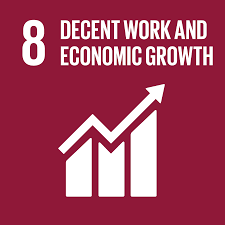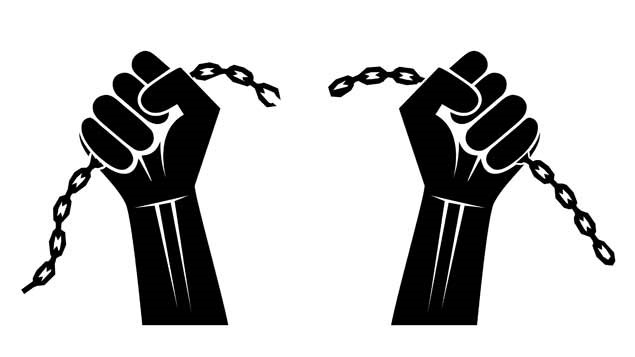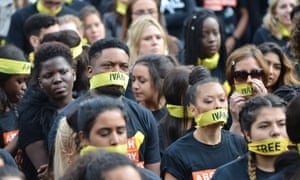This guest blog comes courtesy of Jo Hand, Co-founder of Giki Badges, mobile app which helps to inform and understand the impact of your UK supermarket products to guide a more sustainable lifestyle.
As the Christmas buying season gets into full swing, the plethora of choice in food, presents and holiday options can often feel a little overwhelming. But if you put a sustainability filter on your shopping trips, it can make for a happy green Christmas. Here are 8 ideas to get you started.
Avoid unsustainable palm oil
Palm Oil is used in mince pies, Christmas pudding, chocolates, gravy and lots more Christmas goodies. If it is not produced sustainably, it can cause deforestation in Indonesia and Malaysia, which is threatening species such as Orangutans, tigers and rhinos. But it’s possible to find sustainable or palm free options. Just check what you buy on The Giki app.
Try organic food
The great thing about Christmas is we cook so much from scratch, so have more choice over our ingredients. Although organic can be more expensive, a little planning to maximise leftovers can help reduce costs. Organic farming is significantly better for biodiversity, because no artificial chemicals are used and this means more insects and wildlife. It is also much better for soil health. You can get organic fruit, vegetables and meat in the supermarket, or via deliveries like Riverford and Abel and Cole.
Cut down on waste
This is great for the wallet and the environment. Food waste is responsible for up to 3% of our total environmental impact, or 16% of our food footprint[1]. So planning can help, and if you are still stuck with too many leftovers, put them on Olio. It’s a great way to make sure your food doesn’t go to waste, because plenty of other people might be keen to have it.
[1] Giki analysis based on an average UK diet with high levels of waste.
Streamline your food packaging
Wherever you can, buy food with better packaging, which you can recycle. You can check this on Giki, just scan and look for the green Better Packaging badge. No packaging is usually best, but often very hard to find. Recyclable packaging, as minimal as possible comes next. Both these options will help reduce waste to landfill.
Get arty with your wrapping paper
When it comes to wrapping paper, it can be a minefield. Much of it is nt recyclable, and we throw away over 100 million rolls every Christmas! So if you have an artistic streak, or kids who do, why not wrap in plain brown FSC paper (this hasn’t usually been bleached) and decorate it with your own picture. All the extras of ribbons and bows, tend to go straight to landfill and not buying them saves money!
Go for a family secret santa
Give the gift of experience
Instead of stuff, why not take someone out, or give your time or expertise. Offering your amazing babysitting skills to a sibling with young children, might be their favourite present yet! Or adopt them an animal from WWF or other charities.
Keep your feet on the ground
Flying significantly increases your carbon footprint. Flying economy class to Cape Town, or the Dominican Republic emits over 3 tonnes of CO2 – which is the same amount emitted by felling 4 acres of rainforest. A lower carbon option is to enjoy our UK Christmas traditions, or try the train to Europe.With over 2/3 of Brits now thinking about buying a present that has a positive social or environmental focus this year, 2019 is definitely a year of environmental awakening.












